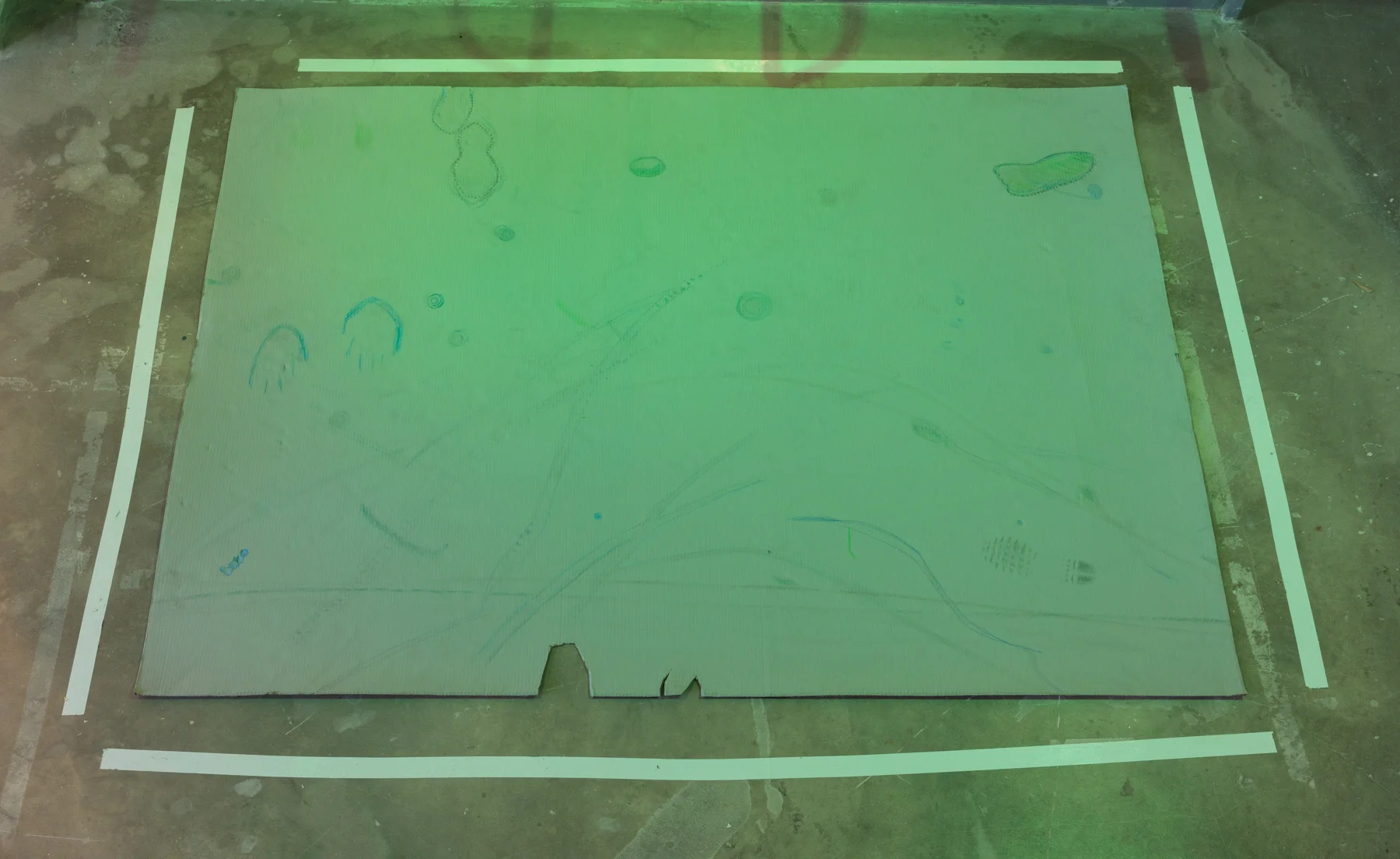REFRESH is a collaborative and politically engaged platform established in 2016. As a collective, REFRESH begins with inclusion as a starting point for pursuing sustainable artistic and curatorial practices across the fields of art, science, and technology.
REFRESH developed out of a social media campaign started in 2015 by its co-founders Heather Dewey-Hagborg and Addie Wagenknecht, along with others. The campaign, #KissMyArs, exposed the problematic politics of the Golden Nica, the top prize awarded by the Ars Electronica Festival in Linz, Austria: for over thirty years, the Golden Nica has almost exclusively been given to men. The #KissMyArs campaign went viral, bringing attention to and instigating a debate about the gender inequality of the award. In 2016, Dewey-Hagborg and Wagenknecht, along with the artist Kathy High and the art historian Camilla Mørk Røstvik, wrote an editorial for The Guardian that called for institutions like Ars Electronica to set a global example of giving marginalized artists a seat at the table by reshaping these competitions to make them more inclusive and relevant.
The article was widely read and shared, but Ars Electronica never responded. This was the autumn of 2016, in the wake of Trump and Brexit. It was no longer enough to problematize the present—we needed bold new visions of the future and ideas from outside the mainstream. After two years of naming the problem, it was time to create new structures to elevate the voices of those working at the intersection of art, science, and technology who were not being heard and who could offer fresh perspectives on this transdisciplinary practice—and REFRESH was born.
.

